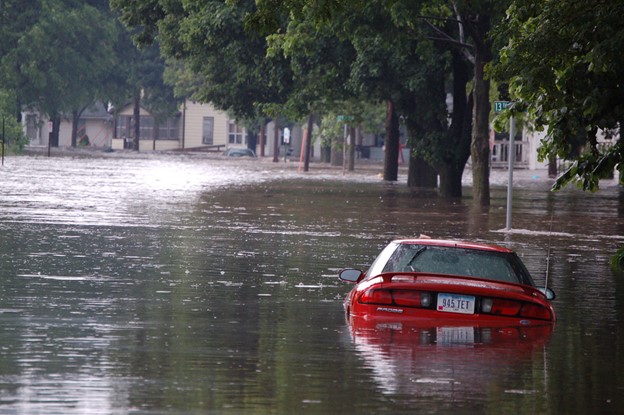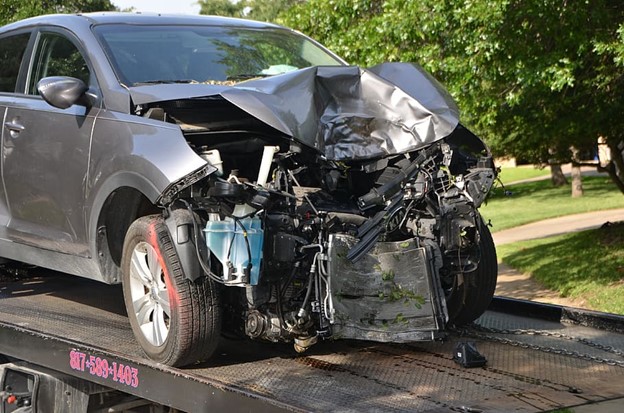Auto insurance is a critical aspect of responsible vehicle ownership. It not only protects you and your vehicle but also provides financial coverage in case of accidents, damage, or theft. Understanding the various types of auto insurance policies available can help you make informed decisions that suit your needs. In this comprehensive guide, we will explore the key types of auto insurance policies, including liability, collision, comprehensive, personal injury protection, and more.
Liability Insurance: Protecting Others
What is Liability Insurance?
Liability insurance is a fundamental component of auto insurance policies. It provides coverage for damages or injuries caused by you to others in an accident. This policy typically includes two main categories:
- Bodily Injury Liability (BIL)
Bodily Injury Liability covers medical expenses, legal costs, and compensation for pain and suffering when you injure someone in an accident. The policy pays for the injured party’s medical bills, rehabilitation costs, and lost wages up to the coverage limit.
2. Property Damage Liability (PDL)
Property Damage Liability covers the cost of repairing or replacing another person’s property (such as their vehicle, fence, or mailbox) that you damage in an accident. Similar to BIL, this coverage has a predetermined limit.
Collision Insurance: Protecting Your Vehicle
What is Collision Insurance?
Collision insurance protects your vehicle in the event of a collision with another vehicle or object. This coverage helps pay for the repairs or replacement of your vehicle, regardless of who is at fault. Collision insurance typically comes with a deductible, which is the amount you pay out of pocket before the insurance coverage kicks in.
The Importance of Collision Insurance
Statistics reveal that the average cost of repairing a damaged vehicle after a collision can be quite substantial. In 2020, the average cost of collision repairs amounted to $4,000 per incident. By having collision insurance, you can avoid significant out-of-pocket expenses and ensure your vehicle gets the necessary repairs without draining your finances.
Comprehensive Insurance: Protecting Against Non-Collision Events

What is Comprehensive Insurance?
Comprehensive insurance covers damages to your vehicle caused by non-collision events such as theft, vandalism, fire, natural disasters, falling objects, and even animal collisions. This policy provides financial protection for repairing or replacing your vehicle up to its market value.
The Importance of Comprehensive Insurance
In 2020, approximately 748,841 vehicles were reported stolen in the United States. Moreover, severe weather events and natural disasters can cause significant damage to vehicles. By having comprehensive insurance, you can mitigate the financial burden associated with such events and ensure your vehicle is protected.
Personal Injury Protection (PIP): Covering Medical Expenses
What is Personal Injury Protection?
Personal Injury Protection (PIP) is a no-fault insurance coverage that pays for medical expenses, lost wages, and other related costs resulting from an accident. PIP is mandatory in some states and provides coverage regardless of who caused the accident.
The Benefits of Personal Injury Protection
According to a study conducted by the Insurance Research Council, approximately 12% of drivers in the United States are uninsured. PIP coverage becomes crucial in such scenarios, as it ensures you receive necessary medical treatment and compensation for lost income, regardless of the other party’s insurance status.
Additional Auto Insurance Coverage
Uninsured/Underinsured Motorist Coverage
Uninsured/Underinsured Motorist (UM/UIM) coverage protects you if you are involved in an accident with a driver who has no insurance or insufficient coverage to pay for your damages. This coverage helps cover medical expenses, vehicle repairs, and other related costs.
Medical Payments Coverage
Medical Payments (MedPay) coverage helps pay for medical expenses resulting from an accident, regardless of fault. It can be beneficial if you have limited health insurance coverage or a high deductible.
Conclusion
Having the right auto insurance policy is crucial for protecting yourself, your vehicle, and others on the road. By understanding the various types of policies available, such as liability, collision, comprehensive, personal injury protection, and additional coverages, you can make informed decisions and tailor your insurance coverage to meet your specific needs. Remember, auto insurance is an investment in your peace of mind and financial security, so choose wisely and ensure you have adequate coverage for any unforeseen circumstances.
References:
CarMD. (2021). 2020 CarMD Vehicle Health Index Report. Retrieved from https://corp.carmd.com/wp-content/uploads/2021/03/2020-CarMD-VHI-Report.pdf
Federal Bureau of Investigation. (2020). Crime Data Explorer. Retrieved from https://crime-data-explorer.fr.cloud.gov/explorer/national/united-states/property-crime
Insurance Research Council. (2019). Uninsured Motorists – 2019 Edition. Retrieved from https://www.insurance-research.org/research-publications/uninsured-motorists-2019-edition

